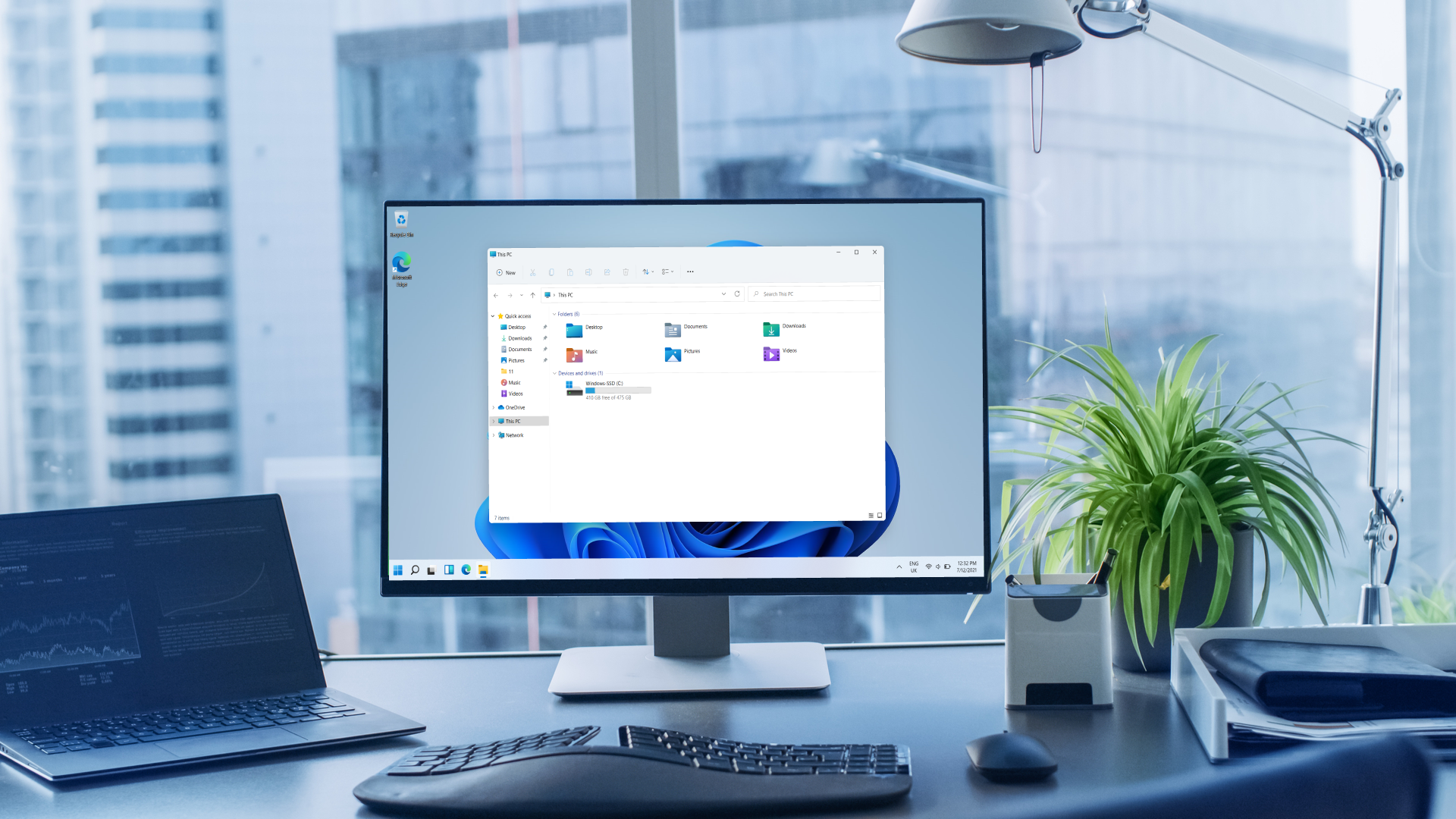Windows 11 hardware requirements too steep for millions of work PCs
Over a third of business PCs don't meet the requirements for Windows 11

Businesses looking to make the upgrade to Windows 11 could find themselves in a difficult position as a new report has revealed that over a third of work PCs don't meet the minimum requirements to run Microsoft's latest operating system.
In its latest State of the Enterprise report examining enterprise Windows 11 readiness, the network performance firm Riverbed found that 34 percent of devices currently in use today are not capable of running Windows 11. This is because Microsoft requires 4GB of memory, 64GB of storage, UEFI secure boot, a DirectX compatible graphics card with a WDDM 2.0 driver and a Trusted Platform Module (TPM) 2.0 to run Windows 11.
While RAM, HDDs and SSDs can easily be upgraded on most business PCs, the lack of TPM 2.0 is the main reason enterprise devices will need to be replaced according to Riverbed:
“The requirement of Trusted Platform Module (TPM) 2.0 is the leading driver of device replacement. With 10% of devices will need to be replaced due to a lack of TPM 2.0 and another 11% will need to be upgraded to run TPM 2.0 before transitioning to Windows 11.”
Replace, upgrade or move to the cloud
When it came to hardware upgrades, Riverbed found that 19.45 percent of devices will need a storage upgrade, 11 percent will need to be upgraded to TPM 2.0 and eight percent will need to be upgraded with UEFI. However, the report also found that 12 percent of work PCs will need to be replaced entirely.
Thankfully though, things have improved a bit when it comes to enterprise readiness regarding Windows 11. Back in September of last year, research from the IT asset management firm Lansweeper found that 44.4 percent of workstations were ineligible for the automatic upgrade from Windows 10.
As it stands now, Windows 11 usage is still very low among enterprise businesses according to Riverbed's report with only 50k hours from June of last year until January of 2022. Across all of versions of Windows though, enterprises used Microsoft's operating system between 150m to 200m hours on average each month.
Sign up to the TechRadar Pro newsletter to get all the top news, opinion, features and guidance your business needs to succeed!
Businesses that don't want to replace their existing hardware have another option as they can move all of their workloads to the cloud while still using Microsoft's software and operating system through its Windows 365 Cloud PC service. As Windows 10's End of Life date is set for October 14, 2025, organizations still have some time to upgrade.
- We've also rounded up the best business laptops and the best mobile workstations
Via ZDNet
After working with the TechRadar Pro team for the last several years, Anthony is now the security and networking editor at Tom’s Guide where he covers everything from data breaches and ransomware gangs to the best way to cover your whole home or business with Wi-Fi. When not writing, you can find him tinkering with PCs and game consoles, managing cables and upgrading his smart home.
